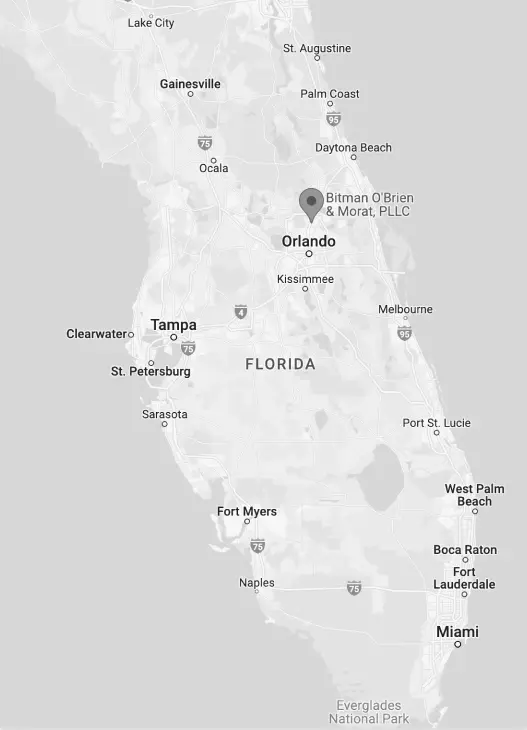Failure to understand the legal use of other’s IP could lead to expensive legal action and burdens. At the crux of this issue is:
At Bitman O’Brien, PLLC, we have lawyers ready to guide and assist with IP enforcement and defense litigation. An IP litigation attorney can help you navigate the complexities of intellectual property law. We’re your resource for protecting yourself and helping with the prevention or avoidance of legal action.
Copyright refers to the rights a creator obtains to their artistic or literary works. In general, copyright protections afford the creator the exclusive right to reproduce, publish, sell, or otherwise distribute their works. Examples of works include:
Copyright protections apply to works produced in a tangible form of expression. You cannot copyright mere ideas or concepts. Moreover, a copyright protects the form of expression but not the subject matter of the work. It does not prohibit others from creating their own form of expression as to the same subject matter. Speaking with an IP lawyer can help clarify your legal rights.
Many think a creator must act to obtain copyright protection over his or her work. They don’t.
Copyright protections start when a creator affixes their work onto a tangible medium (a photographer, drawing something on paper). As a creator, you may gain added legal benefits if you register with the U.S. Copyright Office. However, you do not need to register to maintain your copyright.
Adding a copyright symbol to a work may discourage misuse. However, it’s not a legal requirement. If you are unsure if you should register a copyright, speak with our intellectual property lawyers.
Patents are exclusive rights granted to inventors to dictate how or whether others may use their invention. Four types of inventions qualify for patent protection. The types are:
An invention must be new and serve a useful purpose to qualify for patent protection. The invention must also be non-obvious to a person with expertise in the invention’s field. An IP lawyer’s expertise helps you determine if your invention qualifies.
A patent holder has the right to restrict others from making, using, selling, or importing the item. You must apply to obtain a patent, which the U.S. Patent and Trademark Office must approve. An intellectual property attorney can help you apply.
A trademark is a word, name, symbol, or device used to distinguish the goods of a specific enterprise. Service marks are similar, but they distinguish services rather than goods. However, in general, the same laws govern trademarks and service marks.
Many businesses have trademarks. Common types of trademarks are:
A trademark violation occurs when someone other than the owner uses the mark in a manner that causes confusion. The confusion relates to the source of the goods or services provided. The law allows the use of a similar mark in some instances. For example, it may be legal if the goods offered differ to the extent that confusion won’t likely occur.
You can register a trademark with the U.S. Patent and Trademark Office. The ® symbol represents a mark registered with the federal government. These trademarks receive nationwide protection.
Common law trademark rights may be conferred by first use in commerce, without any need to register the mark. These rights cover the geographic area where the trademark is used. There is no public record of the trademark’s first use, making it difficult to prove the exact first use of the mark. This is why it’s essential to have an IP attorney review your intellectual property issues. The intellectual property lawyer can assist with trademark enforcement, misuse, and litigation.

The attorneys at Bitman O’Brien, PLLC assist clients in protecting their IP rights.
We serve as your trusted IP litigation representation, enforcing or defending claims of misappropriation. To learn more or speak with a dedicated intellectual property litigation attorney, please call us at 407-972-6993.






